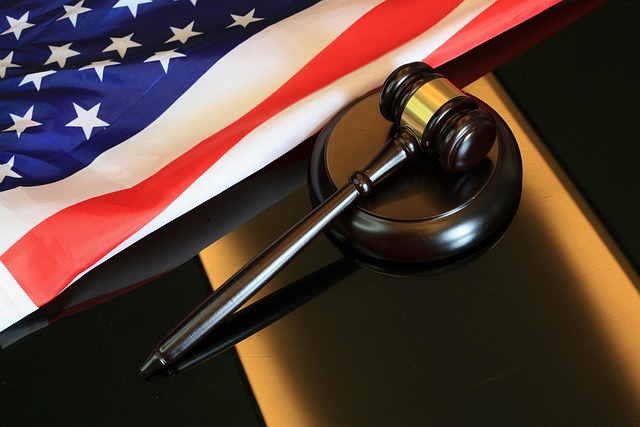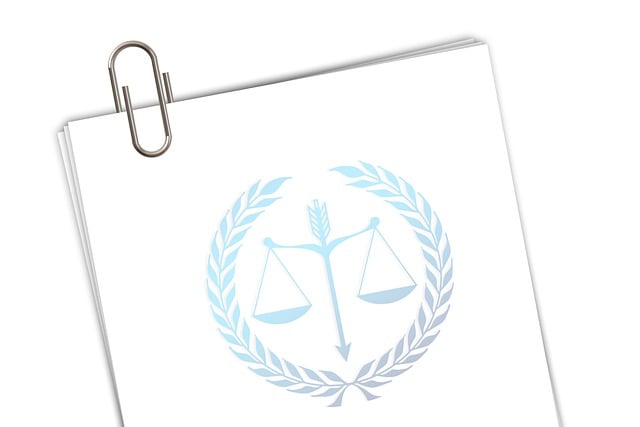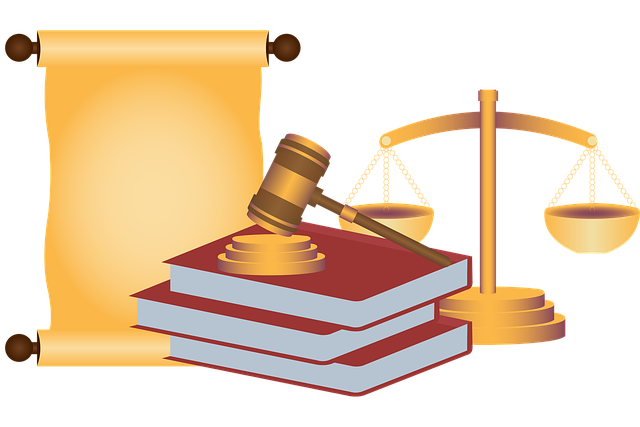Whistleblower protection laws are crucial within the civil litigation process for patent infringement, shielding individuals who expose illegal activities from retaliation and fostering transparency. This intricate process involves detailed documentation, discovery, and legal arguments, balancing patent holder rights with due process. Understanding your rights is vital; effective legal representation guides whistleblowers through trials, ensuring fair hearings and compensation for harm suffered while exposing wrongdoing.
“Whistleblower protection lawsuits play a pivotal role in upholding justice, especially in patent infringement cases. This article delves into the intricate world of whistleblower rights and legal strategies, providing an essential guide for those navigating the complex civil litigation process. We explore how whistleblower protection laws empower individuals to expose patent infringements while ensuring their safety. By understanding these laws, whistleblowers can assert their rights effectively, fostering a culture of integrity in intellectual property disputes.”
- Understanding Whistleblower Protection Laws and Their Impact
- Navigating the Civil Litigation Process for Patent Infringement Cases
- Strategies and Rights for Whistleblowers in Legal Proceedings
Understanding Whistleblower Protection Laws and Their Impact

Whistleblower protection laws are designed to safeguard individuals who expose illegal or unethical activities within their organizations from potential retaliation. These laws play a pivotal role in fostering a culture of transparency and accountability by encouraging employees to come forward with valuable insights. In the context of civil litigation, particularly for patent infringement cases, understanding these protections is essential for both plaintiffs and defendants alike.
The civil litigation process for patent infringement involves a series of intricate steps, from initial disclosures and fact-finding to legal arguments and ultimate resolution. Whistleblower protection laws come into play throughout all stages of the investigative and enforcement process, ensuring that individuals who participate in these proceedings are not disadvantaged or targeted due to their involvement. This includes both direct whistleblowers and those who provide crucial evidence or information during the investigation, as they may face challenges from general criminal defense strategies aimed at protecting against false accusations.
Navigating the Civil Litigation Process for Patent Infringement Cases

Navigating the Civil Litigation Process for Patent Infringement Cases can be a complex and intricate journey. It involves understanding the unique procedures and protocols distinct from general criminal defense or even regular civil cases. The primary goal is to protect the rights of patent holders while ensuring due process for accused parties, fostering transparency within the philanthropic and political communities.
This process demands meticulous documentation, including filing detailed patent infringement complaints, gathering evidence of misuse, and presenting a compelling case. Defendants have the right to respond, challenging the allegations through discovery processes that enable them to access and scrutinize the plaintiff’s proof. Throughout this civil litigation process, maintaining a robust legal strategy is crucial to avoid indictment and achieve a favorable outcome for all stakeholders involved.
Strategies and Rights for Whistleblowers in Legal Proceedings

When facing whistleblower protection lawsuits, individuals need to understand their rights and strategic options within the legal framework. Whistleblowers who expose fraudulent or illegal activities in their organizations often face retaliation, making it crucial for them to have robust protections under the law. The Civil Litigation Process for Patent Infringement provides a structured approach where whistleblowers can seek justice while ensuring their identity is protected.
One key strategy involves utilizing legal avenues specifically designed to safeguard whistleblowers from reprisal. This includes claiming protection under laws that prohibit retaliation against individuals who report white-collar and economic crimes. In cases of general criminal defense, the focus should be on presenting facts that support the whistleblower’s claims without compromising their anonymity. Effective legal representation can guide whistleblowers through jury trials, ensuring a fair hearing and maximizing their chances of success in securing compensation for any harm suffered during their efforts to expose wrongdoing.
Whistleblower protection lawsuits play a crucial role in upholding justice, especially in cases of patent infringement. By understanding and leveraging the civil litigation process, whistleblowers can expose wrongdoings while safeguarding their rights. Navigating this complex landscape requires knowledge of both whistleblower protections and the Civil Litigation Process for Patent Infringement. Armed with strategic insights, individuals who come forward can ensure their voices are heard, fostering a culture of transparency and accountability.






